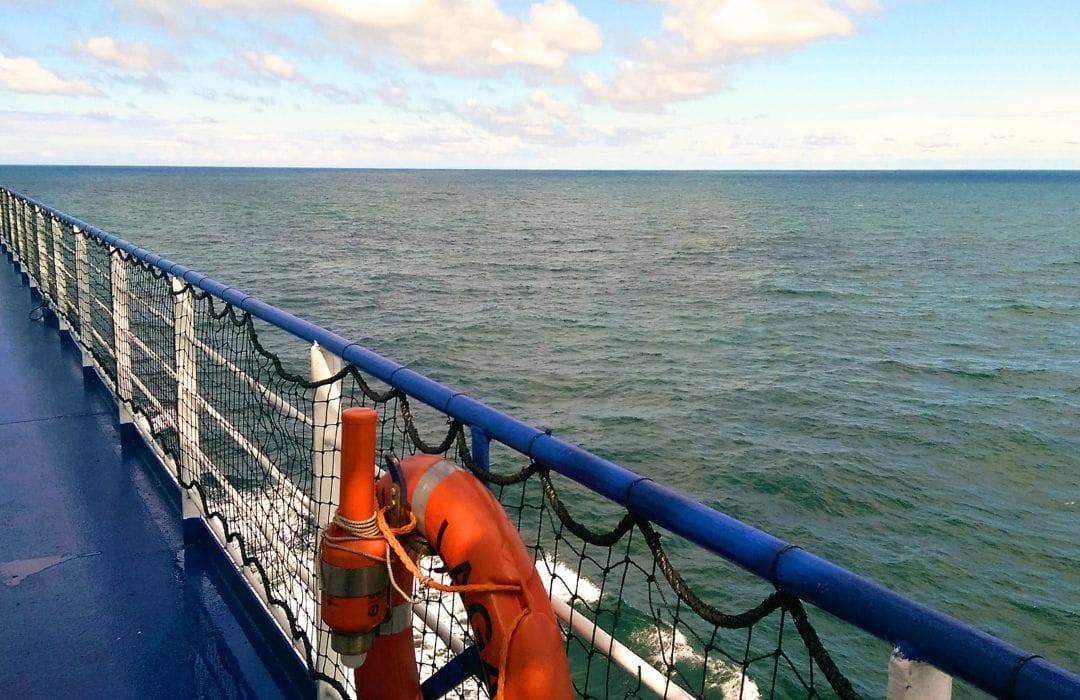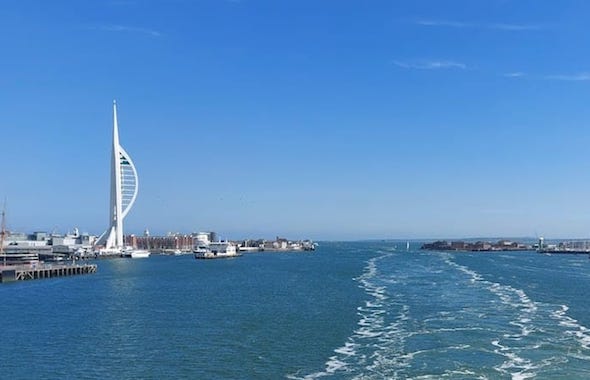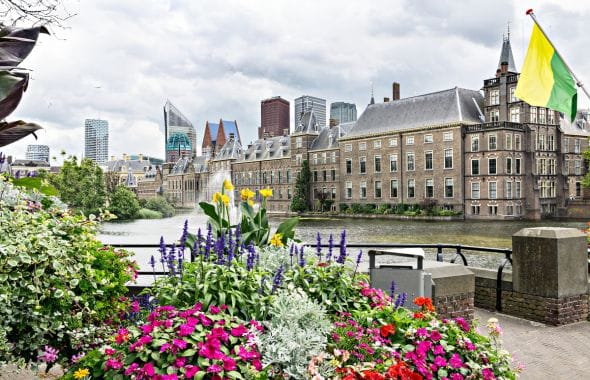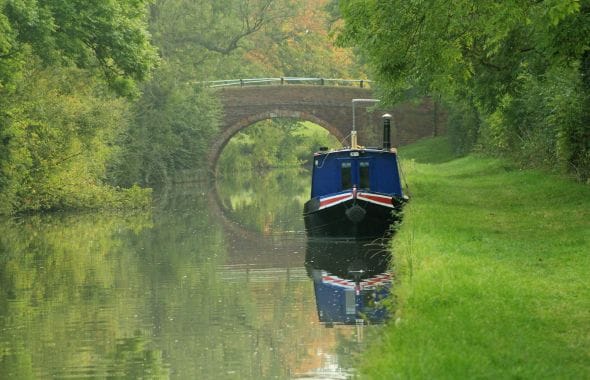I facilitate retreats for academic writers and when one of my clients asked me to facilitate another retreat for them, then said it was in Belfast, my biggest concern was that I might have to break my three-year flight-free record.
However, after a bit of research, I found I could travel on the overnight ferry from Liverpool to Belfast.
Travelling out on a Friday meant I could spend the weekend with a friend before starting work on Monday lunchtime, then travelling back on Wednesday evening. The return price with a cabin was £249, plus £52.40 for the train, which was within my client’s budget (and was supported by their sustainability policy).
It was a good sign of the journey to come that the train from Leeds was on time, so this meant I had lots of time to kill in Liverpool. I had been warned that there’s nothing to do at the ferry port, and with several hours before check-in even started, I found a great restaurant near Liverpool Lime Street station and watched the city people going out for their Friday night.

From the city centre I took the metro to Birkenhead Hamilton Square, a 15-minute walk from the port, or a quick taxi ride.
On arrival at the port I was advised that my suitcase would be stowed safely during the crossing and I should therefore transfer anything that I needed into a carry-on bag. I hadn’t expected this, so had to quickly transfer my overnight things to my hand luggage – this information is on the website, but I had not noticed it. It saved me having to carry my bag onto the transfer bus and up several flights of stairs when boarding though, so the process is actually a big benefit!
We boarded at 20.45, so there was time to have a look around the ship and head out onto the deck in the rain before heading to bed. My cabin had two bunk beds so was nicely spacious, and there was a shower/toilet and charging points for phones. Once the ship had left the port the noise levels and movement were not too disruptive, so I slept well until the slightly brutal 5.50am wake up call. We disembarked at 6.50am and there were taxis available outside.

After a wonderful weekend with my friend in and around Belfast, catching up and enjoying walks by the sea, I headed to the hotel for the retreat. The focus for the writers was on work related to sustainable energy, so sustainability was a big part of our conversations, including our “controversial” decision to only provide vegan/vegetarian food options(!). We also discussed sustainability and travel.
Of the 20 participants, eight were based in Northern Ireland, and of the others, only one person had come by ferry (the shorter route from Cairnryan in Scotland). The main reason was the cost. Flying from my local airport (Leeds Bradford) with luggage would have cost £153, and £190 in total with taxi fares at both ends – about £100 cheaper than my train and boat journey.
This price difference makes it difficult for even sustainability-focused researchers to choose the low-carbon option. We discussed why airfares are so cheap when we know how much damage flying does to the environment – we were shocked at just how cheap flying is. I felt that many of our sustainability champions had not fully investigated the ferry option or pushed their institutions about considering the higher cost. We are so used to flying as the most viable business option, other transport modes are usually not part of the conversation.

The return journey was a similar experience: a taxi to the port, a late check-in, a night’s sleep, then waking up in Liverpool and getting the train back to Leeds. I loved my journey in both directions. There are so many benefits to travelling this way, including being able to explore two wonderful cities, Liverpool and Belfast, in addition to doing my work. There is something magical about waking up at your destination, and I always feel once I am in my cabin on a ferry that I am on a holiday.
It worked well as a business trip, with the 6.50am arrival and 9pm departure meaning you can be in Belfast for a full work day, and travel overnight on either end. But it is logistically more of a challenge, and if I had family commitments it would have been two additional nights away from home which I could have avoided by using my local airport.
From a work perspective there was very little additional time impact over flying. The total door to door journey from home to Belfast port was 15 hours, which sounds challenging, but 8 hours of that was sleep time, and because all the connections were smooth and because of my strategic food stop in Liverpool it did not feel as long as that. I was able to deal with emails on the train, and I also valued some thinking time during a busy work period, which the slower transport option facilitated. Trying to work at my local airport is challenging as it is often very busy.
I wanted to lead by example and demonstrate that it was possible, and I hope that the discussion and the example (and my photos of the trip) might help at least get others in this community to think about using the ferry as an option next time.





